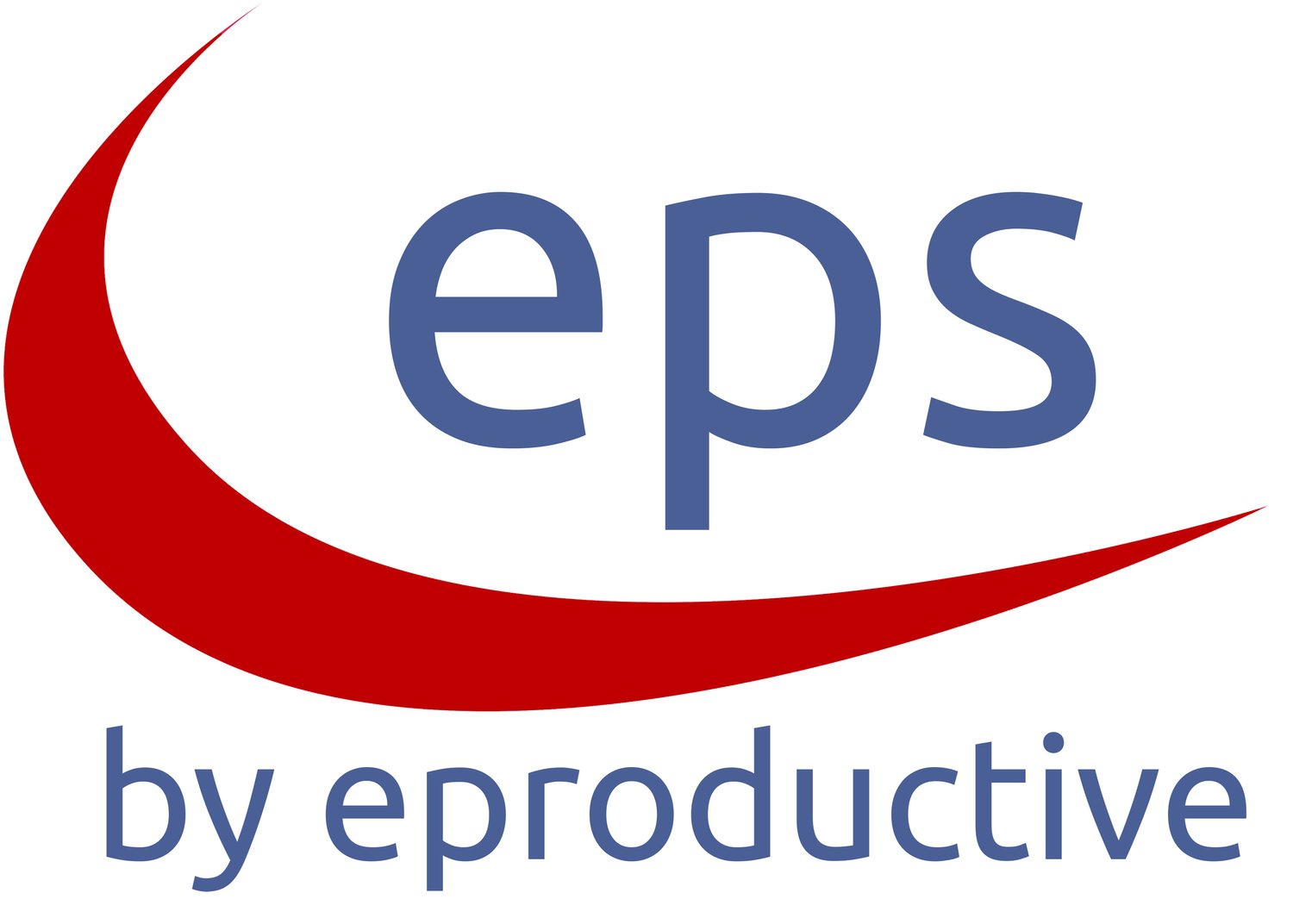Improve your scheduling with EPS
Effective scheduling is crucial in the hospitality sector, where customer satisfaction and operational efficiency are paramount. Here are four key strategies to enhance your scheduling process with EPS.
1. Have benchmarks and targets for managers to achieve
Setting clear benchmarks and targets for managers is essential for maintaining high standards and ensuring consistency. These benchmarks could include metrics such as labour cost percentages and employee productivity levels. By having specific targets, managers can better understand their goals and work towards achieving them systematically. Benchmarks and targets can be inputted in EPS so cost and productivity can be managed effectively.
2. Look at staff requests before planning your schedule
Considering staff requests before finalising the schedule can significantly improve employee satisfaction and retention. Employees who feel their needs and preferences are taken into account are more likely to be engaged and motivated. Implementing a culture where staff can submit their absence requests via the MyEPS app in advance allows managers to create a schedule that balances business needs with employee well-being. This approach fosters a positive work environment and reduces last-minute changes and issues.
3. Minimise overtime, lieu and agency by monitoring employees’ contracted/worked hours
Overtime, lieu time, and reliance on agency staff can lead to increased labour costs and potential burnout among employees. By closely monitoring employees’ contracted/worked hours, managers can ensure that staff are working within their agreed contracted and legal limits. This proactive approach helps in identifying patterns that may lead to excessive overtime and allows for adjustments in staffing levels. Viewing the employee data in EPS can provide real-time insights, making it easier to manage and optimise labour costs.
4. Review schedule against business levels before publishing
Before finalising and publishing the schedule, it’s crucial to review it against anticipated business levels. Analysing historical data, upcoming events, and reservations can provide valuable insights into expected demand. This review process helps ensure that the schedule aligns with business needs, preventing understaffing or overstaffing scenarios. By aligning the schedule with business levels, managers can optimise labour efficiency, enhance customer service, and improve overall operational performance. Utilising the comprehensive reporting suite in EPS, particularly reviewing cost reports from the previous year, can impart vital information about when the business was busy and when it was quieter.
By implementing these strategies, hospitality managers can create more effective and efficient schedules that meet both business objectives and employee needs. This balanced approach not only enhances operational efficiency but also contributes to a positive work environment and improved customer satisfaction.
If you would like to find out more about EPS, the people management system designed exclusively for hospitality businesses, please contact us by emailing info@eproductive.com and we will be in touch.
